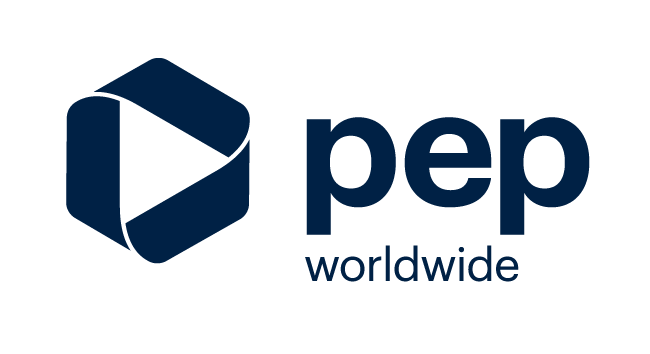When I Lost My Focus (and Nearly My Sanity)

I remember it so clearly. That Thursday morning when I had finally blocked out two full hours to finish an important client presentation.
09:03 – Coffee was perfect, document open – and I felt ready. This was going to be good.
09:07 – An email pinged. “It’ll only take a minute to answer,” I thought.
09:14 – A colleague popped in. “Have you seen that new AI feature in Teams?”
09:28 – A notification on my phone: “Today 30% off running shoes”.
09:41 – Back to the presentation. No idea where I was at anymore.
09:54 – Notification on new productivity app. Starting to read… It’s supposed to help us focus better. The irony was painful.
When my two hours had gone, I had written… the introduction for my presentation. And the rest of the day was spent on planned meetings and catching up on what I didn’t get done in the morning.
It sounds funny in hindsight but in the situation, I was anything but amused. I had broken every single one of the rules I teach others as an expert in personal efficiency and working well. I know better — but I’m also human. And that’s an important reminder: focus isn’t something you “have” or “don’t have”. It’s a skill we must protect, train, and consciously choose every day.
Focus Is Our Most Valuable Capital
We often say that time is our most limited resource, but I would argue that focus is the real scarcity. Time without focus is like pouring water into a bucket with holes — you work and work but achieve nothing meaningful.
Research shows it can take up to 23 minutes to regain concentration after an interruption. Think about that. Every time you “just quickly” check your email, you lose nearly half an hour of clarity. And the more interruptions you have, the more superficial your thinking becomes. You might manage emails and small tasks, but you never enter that deep, creative flow where the real value happens.
Why “Fast Productivity” Fools Us
I often meet people who feel busy all day but still haven’t accomplished anything meaningful. They answer emails, attend meetings, react to notifications — and by the evening they’re exhausted yet frustrated because nothing important got done.
It’s as if we’ve confused results with action. Our culture rewards speed, availability, and multitasking, but our brain simply isn’t built for that. When we try to do several things at once, the brain switches rapidly between tasks — and each switch costs time and energy. We think we’re efficient but in reality, we’re doing everything slightly worse — and burning out in the process.
How I Protect My Focus (When I Follow My Own Advice)
After that infamous Thursday, I introduced a few rules that changed the way I work:
1. I schedule focus like a meeting
Deep work goes into the calendar — with the same respect as a client meeting. No one can override it. Not even me.
2. I turn off notifications — truly off
My phone is on Do Not Disturb and my email is closed during focus time. The first hour felt uncomfortable, but then it was like my brain exhaled.
3. I do a “mental check-in” before I start
A few deep breaths, a quick reminder of why this task matters. Simple — but transformative for concentration.
4. I create “focus zones”
Not everything can live in your brain at once. I have set aside time for meetings, emails, availability and pauses — so they don’t steal attention from what truly matters.
Focused Work Isn’t Just About Productivity
It’s also about wellbeing. When we jump between tasks all day, it’s not just productivity that suffers — stress levels rise too. The brain never gets a break, and we feel constantly “on”. But when we work with focus, stress decreases, we feel more in control, and often enjoy our work more.
For me, focus has become a form of self-respect. When I protect my attention, I’m telling myself (and the world): What I’m doing right now matters. That feeling is contagious.
Focus is about making Choices every day
Focus isn’t a mystical state reserved for monks or superheroes — it’s the result of structure, conscious choices, and a little daily practice. I still slip sometimes (especially when someone mentions a new app), but the difference is that I notice it sooner now.
So next time you’re at your computer and feel your finger drifting toward the email icon “just to check something” — think of my Thursday morning. And remember: the most productive thing you can do right now might not be to do more — but to do one thing, with full focus.
Do you and your team want to work more focused — and with less stress?
We help companies and individuals create efficient work habits to achieve more with less pressure.
Get in touch if you want to book a PEP-talk, an internal course, or individual coaching — and let’s take the next step toward a more focused (and sustainable) work life.
Our job is to make you better at yours!
